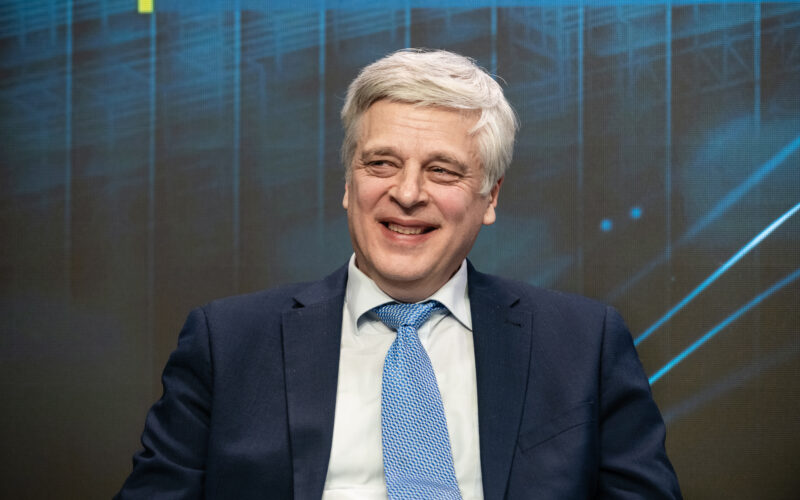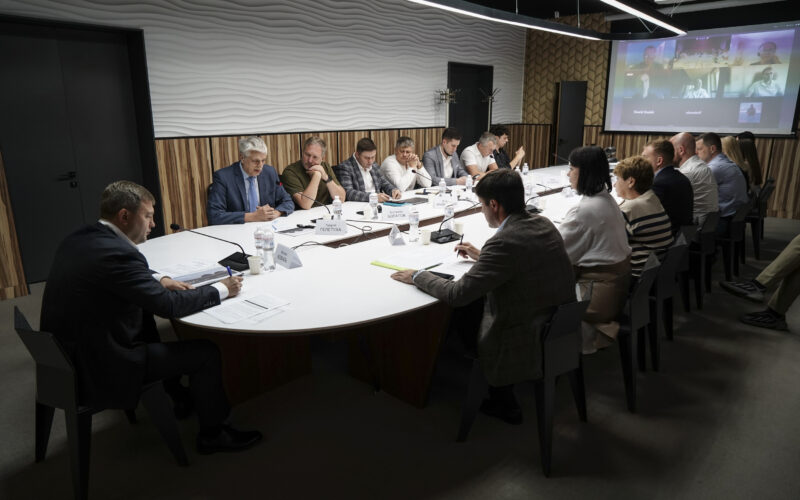Features of the feasibility study of biomass energy use projects
The main tasks of the feasibility study are:
- assessment of the possibility and feasibility of the project,
- determining its investment attractiveness.
Typically, the content of the feasibility study has the following components: initial data, project objectives, assessment of the current situation, fuel price, and possible suppliers. Also, it contains an assessment of resources and opportunities for providing fuel biomass.
What is important to consider?
- biomass supply conditions may impose restrictions on the planned volumes of thermal energy production from biomass;
- special rules of tariff formation for cases of sale of thermal and electric energy produced from biomass;
- the possibility of different approaches in determining the economic efficiency of the project: if there is a sale of thermal energy, it is advisable to consider the payback of the project by applying the tariff for thermal energy from biomass; if it is an industrial enterprise that does not sell thermal energy, or a heat supply enterprise that makes the transition from one type of biomass to another (while the consumption of thermal energy by consumers does not change) a payback of the project is considered by saving operating costs.
We remind that EBRD with GEF support started implementation of Programme «Ukraine: Sustainable Bioenergy Value Chain Innovations» , that provided technical assistance — assessment of the potential and feasibility study of investment bioenergy projects.
Джерело: According to SEC Biomass experts.
SEC Biomass – a company that advises people and businesses on how to get energy from biomass, biogas, and solid waste. We are the co-founders and full members of the Bioenergy Association of Ukraine.


